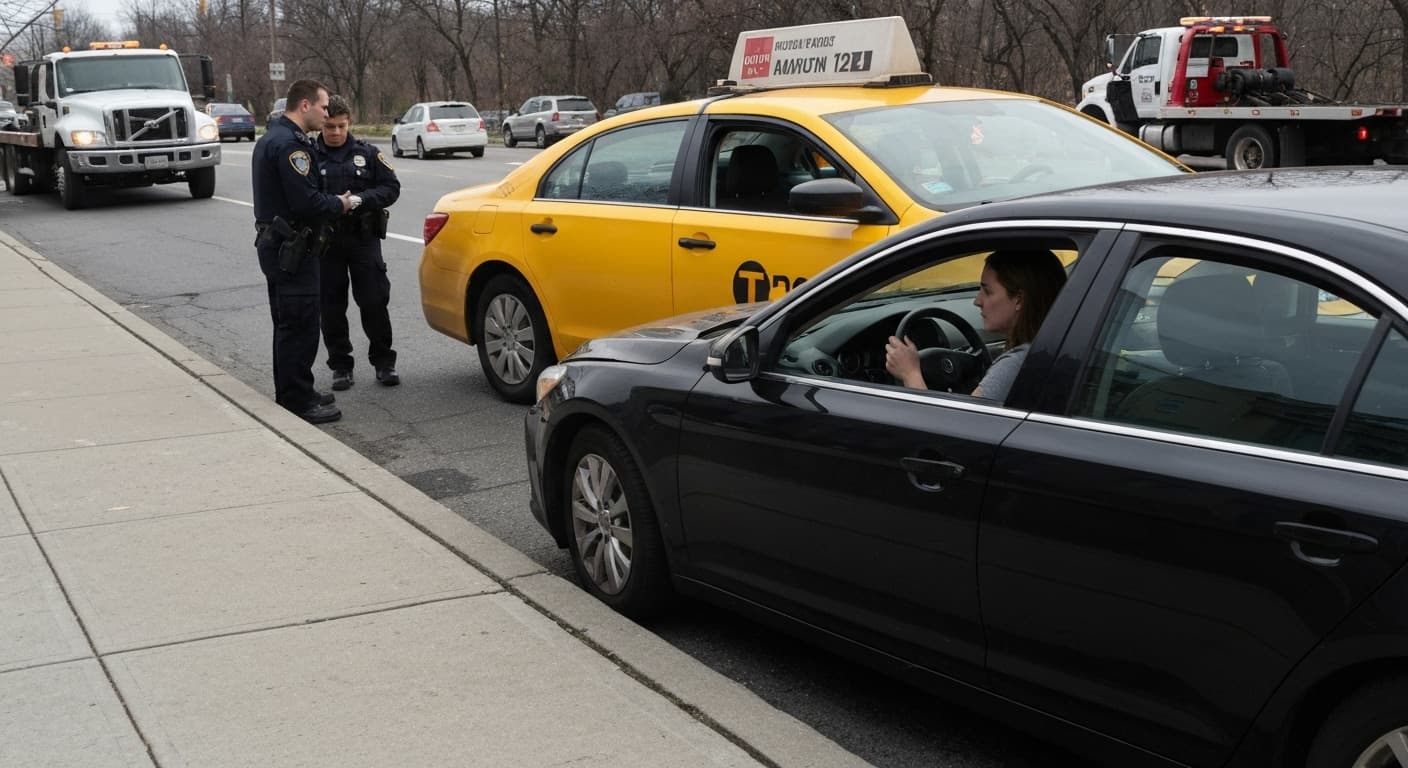
What Is a Reasonable Car Accident Settlement Offer?
Learn how to evaluate car accident settlement offers, what makes an offer reasonable, and strategies to negotiate fair compensation.
# What Is a Reasonable Car Accident Settlement Offer?
Determining whether a settlement offer is reasonable requires understanding how settlements are calculated and what factors influence fair compensation. A reasonable offer should cover all your damages and reflect the true value of your case.
Components of a Reasonable Settlement
Economic Damages
Medical Expenses:
- Past medical bills (100% coverage)
- Future medical costs
- Prescription medications
- Medical equipment
- Transportation to appointments
Lost Income:
- Past lost wages
- Future earning capacity
- Benefits and bonuses
- Career advancement impact
- Reduced work capacity
Property Damage:
- Vehicle repair/replacement
- Personal property
- Rental car costs
- Diminished value
Non-Economic Damages
Pain and Suffering:
- Physical pain and discomfort
- Emotional distress
- Loss of enjoyment
- Inconvenience
- Relationship impact
Calculation Methods:
- Multiplier: Medical expenses × 1.5-5
- Per diem: Daily amount × affected days
Evaluating Settlement Offers
Red Flags of Low Offers
Warning Signs:
- Covers only medical bills
- No pain and suffering compensation
- Ignores lost wages
- Excludes future medical costs
- Pressures for quick acceptance
Typical Low Offers:
- 1-2 times medical expenses
- Immediate settlement pressure
- No consideration of fault degree
- Minimal pain and suffering
Signs of Reasonable Offers
Good Indicators:
- Covers all economic damages
- Includes fair pain and suffering
- Considers future needs
- Reflects injury severity
- Accounts for clear liability
Reasonable Ranges:
- Minor injuries: 2-3 times medical costs
- Moderate injuries: 3-4 times medical costs
- Severe injuries: 4-5+ times medical costs
Factors Affecting Reasonableness
Injury Severity
Minor Injuries:
- Soft tissue damage
- Quick recovery
- Limited treatment
- Lower multipliers (1.5-2.5)
Severe Injuries:
- Permanent disabilities
- Extensive treatment
- Long-term impact
- Higher multipliers (3-5+)
Liability Clarity
Clear Fault:
- Higher settlement offers
- Full damage compensation
- Stronger negotiation position
Disputed Fault:
- Reduced offers
- Proportional responsibility
- Weaker negotiation position
Insurance Coverage
High Coverage:
- Policy limits of $100,000+
- Umbrella policies
- Commercial coverage
- Multiple policies available
Low Coverage:
- Minimum state requirements
- Policy limits of $15,000-50,000
- Limited recovery potential
Settlement Calculation Examples
Minor Injury Case
Damages:
- Medical bills: $5,000
- Lost wages: $2,000
- Property damage: $8,000
- Pain and suffering: $7,500 (1.5 × medical)
Reasonable Settlement: $22,500
Moderate Injury Case
Damages:
- Medical bills: $25,000
- Lost wages: $10,000
- Property damage: $12,000
- Pain and suffering: $75,000 (3 × medical)
Reasonable Settlement: $122,000
Severe Injury Case
Damages:
- Medical bills: $100,000
- Lost wages: $50,000
- Future medical: $200,000
- Pain and suffering: $500,000 (5 × total medical)
Reasonable Settlement: $850,000
Common Insurance Tactics
Lowball Strategies
Initial Offers:
- 10-20% of actual value
- Quick settlement pressure
- Deadline threats
- Minimizing injury severity
Delay Tactics:
- Excessive documentation requests
- Multiple medical exams
- Prolonged investigations
- Bureaucratic procedures
Negotiation Responses
Effective Counters:
- Detailed demand letters
- Comprehensive documentation
- Expert witness opinions
- Comparable case examples
- Trial preparation
When to Accept vs. Reject
Accept When:
Good Offers Include:
- Full economic damage coverage
- Fair pain and suffering compensation
- Consideration of future needs
- Reasonable timeline
- Strong case weaknesses
Reject When:
Poor Offers Include:
- Inadequate damage coverage
- No pain and suffering
- Ignores future costs
- Unreasonable pressure
- Strong case merits
Improving Settlement Offers
Strengthen Your Case
Documentation:
- Complete medical records
- Detailed expense tracking
- Pain and impact journals
- Expert witness reports
- Comparable case research
Professional Representation
Attorney Benefits:
- Case valuation expertise
- Negotiation experience
- Insurance company knowledge
- Trial preparation
- Settlement leverage
Strategic Timing
Optimal Timing:
- After maximum medical improvement
- When liability is clear
- Before statute of limitations pressure
- With strong evidence
Negotiation Strategies
Initial Demands
Starting High:
- 2-3 times expected settlement
- Room for negotiation
- Anchoring effect
- Comprehensive justification
Incremental Concessions
Negotiation Process:
- Gradual reductions
- Justified movements
- Maintained bottom line
- Strategic timing
Final Offers
Decision Points:
- Cost-benefit analysis
- Trial risk assessment
- Time considerations
- Client goals
Special Considerations
Future Medical Needs
Long-term Costs:
- Ongoing treatment
- Future surgeries
- Rehabilitation needs
- Medical equipment
- Home modifications
Lost Earning Capacity
Career Impact:
- Reduced work ability
- Career limitations
- Advancement restrictions
- Skill depreciation
Quality of Life
Life Changes:
- Activity limitations
- Relationship impacts
- Emotional effects
- Social isolation
Getting Professional Help
Free Consultations
Attorney Evaluations:
- Case value assessment
- Settlement reasonableness
- Negotiation strategy
- Trial prospects
Second Opinions
Multiple Perspectives:
- Different attorney views
- Varied experience levels
- Alternative strategies
- Confirmation of value
Conclusion
A reasonable settlement offer should cover all your economic damages plus fair compensation for pain and suffering. Generally, this means 2-5 times your medical expenses, depending on injury severity and case circumstances.
Don't accept the first offer, especially if it only covers medical bills. Insurance companies typically start low and expect negotiation.
Working with an experienced attorney can help ensure you receive a truly reasonable settlement that reflects the full value of your case.
Remember: What's reasonable varies by case. Get professional evaluation of any settlement offer.
---
Unsure if your settlement offer is fair? Contact an experienced car accident attorney today for a free evaluation of your case value.


